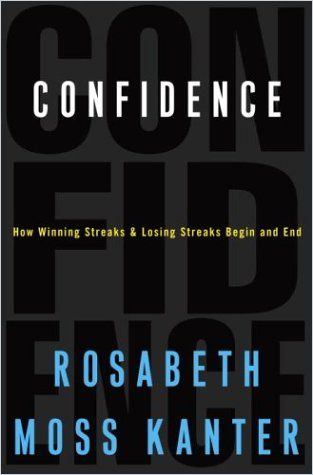6. Self-Confidence Stems from Practical Experience

After completing my studies in St. Gallen, I felt on top of the world. Armed with a business administration and economics degree, leaving Eastern Switzerland with pride was the culmination of my aspirations for a secure professional future. However, stepping into the workforce revealed a stark truth – academic theory had little relevance to real-life challenges.
To swiftly stabilize my finances, I took a banking job. Within the first week, it became apparent that the basics taught at university were inadequate in practice. A personal low point was struggling for hours with a simple mailing form, a task my non-academic colleagues completed effortlessly. This experience highlighted a crucial reality:
Self-confidence does not automatically align with academic success.
Whether in economics, philosophy or any theoretical field, many wish they had mastered a practical “craft.” Confidence, it turns out, springs from daily routines and the tangible understanding of facts and issues. Graduates transitioning directly from university to the workforce often lack these routines because relevant knowledge truly flourishes only when applied.
Managers, therefore, must not solely rely on academic achievements or focus exclusively on theoretical problem-solving. Recognizing that a deficiency in self-confidence, often manifesting as impostor syndrome, stems from a gap between abundant knowledge and practical experience is essential. In essence, those who comprehend routine organizational tasks, backed by their theoretical knowledge, can contextualize them and make informed decisions.

‘Front-line experience’ fosters healthy self-confidence and mitigates hubris – a frequently underestimated peril for well-trained managers.
Three rules:
- Master the Basics: Managers must comprehend and master the fundamental skills of their domain. Proficiency in these basics not only bolsters self-confidence but also facilitates navigating complex challenges.
- Reflect Regularly: Building self-confidence demands consistent self-reflection. Managers should assess whether they genuinely possess the claimed skills and be willing to address weaknesses. Taking the plunge, especially in moments of doubt, can be an awakening experience.
- Foster Supportive Environments: Creating a workplace where family and friends support each other during bouts of “self-confidence holes” is invaluable. Managers should cultivate an environment where employees encourage and support each other, collectively overcoming self-doubt.
Find all my columns here.






